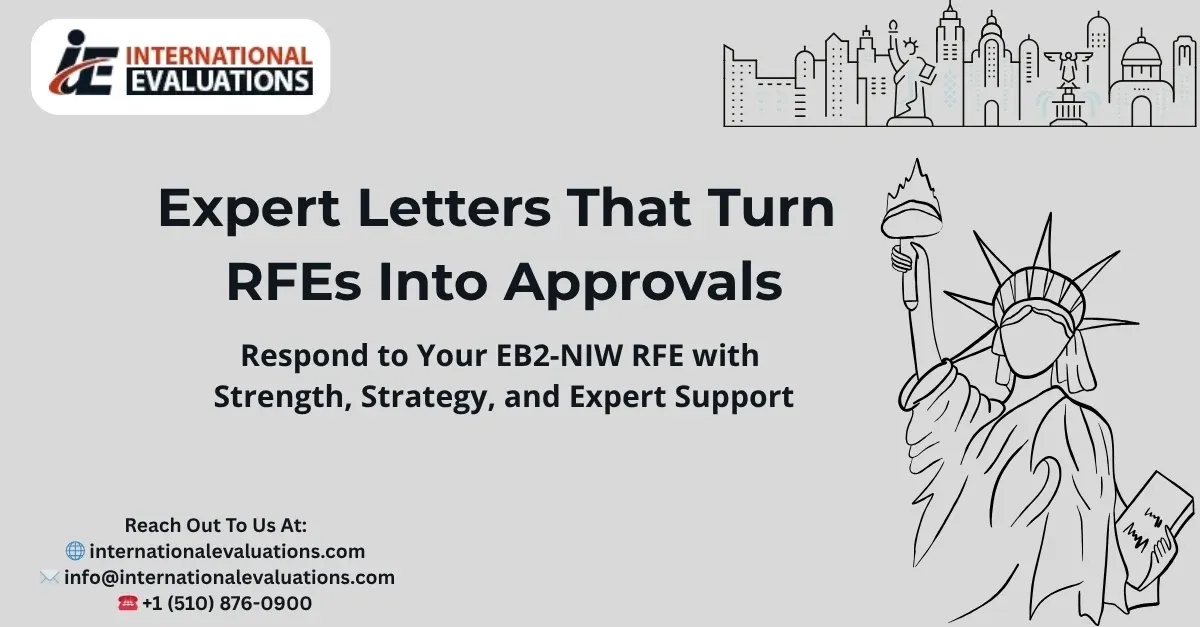Introduction
In today's competitive job market, the transition from class learning to real-world application is more vital than ever. Students and professionals alike are looking for methods to equate their work experiences into academic credits. This article explores the complex process of assessing work experience for education credit, highlighting its significance in individual and expert advancement.
As we delve into this topic, we will discuss various aspects of academic credential assessment, worldwide credential assessment services, course-by-course credential examination, and how they connect to work experience evaluation. In addition, we'll check out expert viewpoint letters and service strategy evaluations as part of this multifaceted journey.
From Classroom to Profession: Assessing Work Experience for Education Credit
The bridge in between class education and career success often involves recognizing the worth of practical experience. Lots of trainees build up considerable work experience throughout internships or part-time tasks that may not be officially recognized by universities. But how can one guarantee that these experiences count toward their scholastic credentials?
Why Examine Work Experience?
Evaluating work experience is vital for a number of factors:
Recognition of Skills: It verifies the abilities acquired through hands-on experiences. Enhanced Employability: Companies significantly seek prospects with practical understanding along with formal education. Personal Growth: Acknowledgment of previous experiences improves self-confidence and encourages lifelong learning.Types of Credential Evaluation
Understanding the various kinds of credential assessments readily available can assist individuals browse this process effectively.
Academic Credential Evaluation
Academic credential assessment examines foreign educational qualifications against established standards in another country. This procedure is vital for international students or employees intending to show their academic background.
International Credential Evaluation Services
These services concentrate on analyzing foreign credentials and identifying their equivalency in the host nation's educational system. https://postheaven.net/stinusatkl/strategic-service-plan-evaluations-for-visionary-leaders-and-innovators They offer reports that lay out the level and type of education received abroad.
Course-by-Course Credential Evaluation
This in-depth analysis breaks down each course taken throughout a degree program, offering insights into grades made and credit hours completed. It's particularly useful for trainees seeking to move credits in between institutions.
Work Experience Evaluation
Work experience assessment acts as a method to officially evaluate non-academic skills acquired through work or volunteer activities. Here's how it works:
Documentation: People need to gather paperwork such as task descriptions, performance reviews, and any appropriate certifications. Comparative Analysis: The critic compares this info against established instructional competencies. Outcome: The outcome might result in academic credits awarded based upon shown knowledge and skills.The Function of Specialist Opinion Letters
A specialist opinion letter can strengthen your case when looking for credit for work experience. These letters typically originate from industry experts who can attest to your skills and contributions in a particular field.
What Ought to a Specialist Opinion Letter Include?
- A summary of your function in the organization Specific abilities you developed How your experiences associate with academic outcomes
Having a professional endorse your abilities not only lends trustworthiness however likewise improves your overall portfolio when requesting sophisticated research studies or positions.
Business Strategy Examination as a Learning Tool
Creating an organization plan can be an excellent method to display your understanding of theoretical concepts used in real-world situations. A thorough assessment of a service plan might highlight competencies such as strategic thinking, financial planning, and market analysis.

FAQs
1. What kinds of work experiences qualify for scholastic credit?
Typically, work experiences that straight relate to your discipline or demonstrate transferable skills are eligible for scholastic credit.
2. How do I discover international credential examination services?
You can browse online directory sites or talk to educational institutions that typically have collaborations with trustworthy credential evaluators.
3. Is there a charge associated with acquiring an expert opinion letter?
Yes, numerous professionals charge for their time spent writing these letters; nevertheless, some might provide them pro bono depending upon the situation.
4. Can I get credit for unsettled internships?
Absolutely! Overdue internships frequently supply invaluable experience and can be examined likewise to paid positions.
5. How long does the credential examination procedure take?
The timeline varies based upon the service used however usually ranges from a couple of weeks to several months.
6. Are there particular files needed for course-by-course evaluations?
Yes, you will need records from all post-secondary organizations attended, together with in-depth course descriptions when possible.

Conclusion
Transitioning from class understanding to career preparedness needs recognizing the significance of useful work experiences in education credit assessments. As we have actually checked out in "From Class to Profession: Evaluating Work Experience for Education Credit," both trainees and specialists stand to gain substantially by leveraging their real-world experiences towards their academic goals.
By using different forms of examinations-- be it through academic credential assessments or professional viewpoint letters-- people can boost their credentials while promoting lifelong knowing principles that adhere closely to today's vibrant workforce demands.
In summary, embracing both theoretical understanding from class together with experiential knowing acquired through professional engagements produces well-rounded prospects all set to take on the difficulties ahead in their careers.